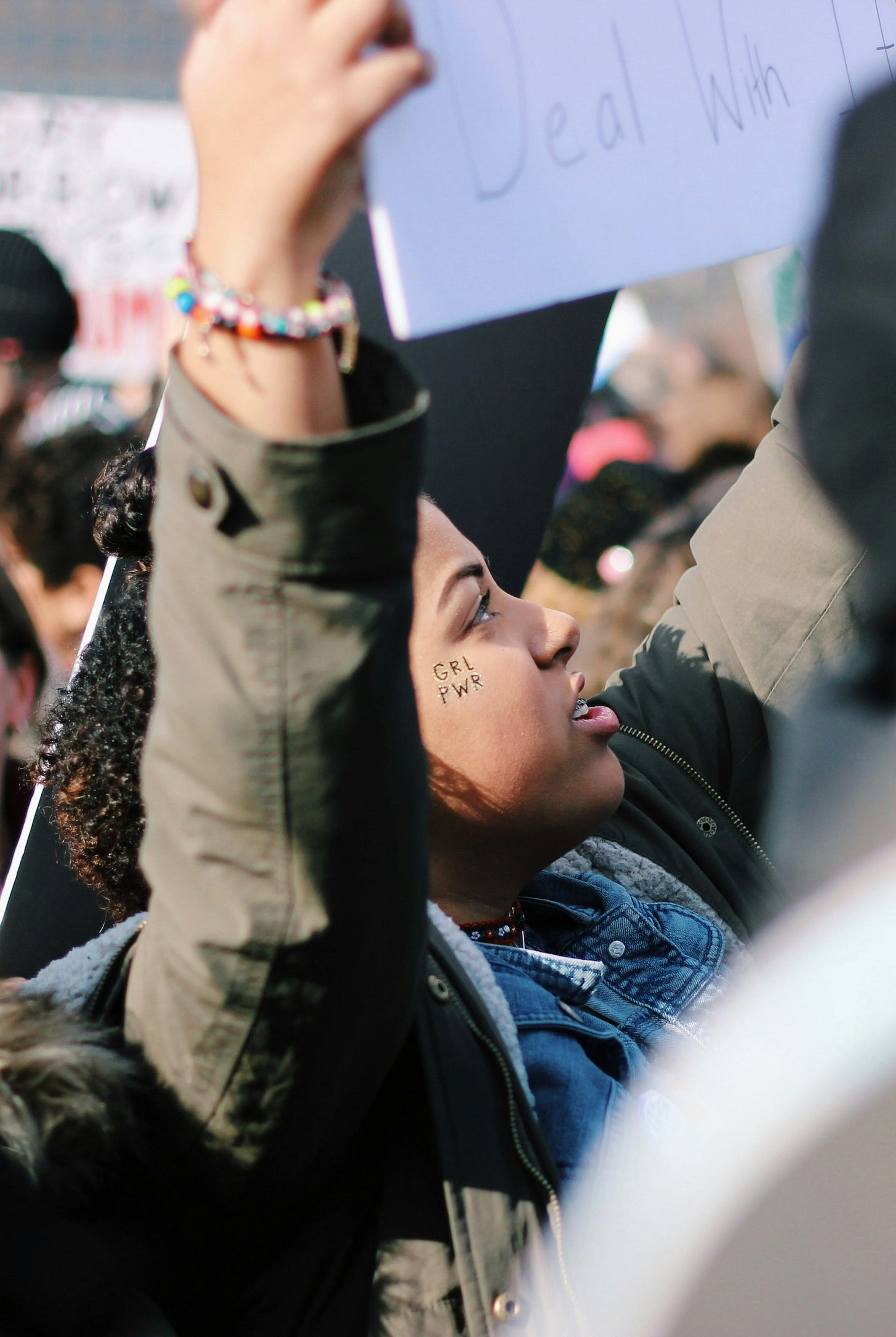I am a woman. I was a girl, too. I grew up in "the patriarchy." But I have to say—without hesitation—that the people who treated me the worst throughout my life were women. Now, in my 50s, I feel I have enough experience to speak on this.
It’s a complicated, uncomfortable truth, but I know I’m not alone. Some women can be jealous, cruel, and exclusionary. It makes evolutionary sense. Women have historically secured safety and resources through their relationships with men, and any perceived threat—another woman who doesn’t fit neatly into the hierarchy—can be met with social exile or outright sabotage. There are so many women out there who just want solid, genuine female friendships, and yet… why does it so often feel impossible?
And yet, feminism rarely talks about this. Instead, it points to the “patriarchy” as the source of all oppression, ignoring the ways women can be complicit in upholding power structures that hurt other women.
But here’s the thing: the Enlightenment happened. We established systems based on reason and fairness, largely shaped by men, yes, but not necessarily to the exclusion of women. Women have been invited in, encouraged, even begged to participate as equals. And yet, we’re still stuck in this cycle—blaming men for all structural failings, while refusing to address the ways women wield power over each other.
This isn’t about letting men off the hook. Some men are dismissive, patronizing, or outright hostile to women. Those men? Forget them. They’re no better than the women who isolate and undermine others. But real equality demands introspection. If women don’t address their own toxic patterns, how can we expect men to do the same?
I once took a Feminist Psychology course. The textbook claimed, without evidence, that women were inherently more just. No citations, no argument—just an assumption I was expected to accept. But how could I, when my own life had shown me otherwise? When I understood evolution, power, and human nature?
The prevailing feminist argument today often boils down to:
Men have been in charge, and everything is broken.
Therefore, men are the problem.
Women, by contrast, are inherently better.
So, women should be in charge instead.
But power, when subverted, is still power. And when wielded without self-awareness, it’s just as dangerous. Women learn to play these games—some by nature, others out of survival—but either way, the result is a toxic flood.
So, as a woman, as a feminist, as someone who actually wants women to thrive, I’m asking—no, begging—let’s sort this out. We owe it to each other.
Thank you so much for reading Philosophical Quotes .
Be a paid subscriber for support .





I don't know that this can be sorted out without a spiritual foundation.
I have seen my female family members suffer so much more at the hands of other females than they have from males. The secret remedy is harder for women I think: never give anyone else the power to make you feel bad.